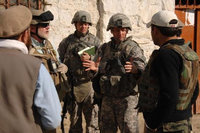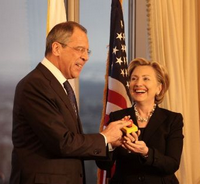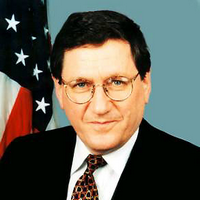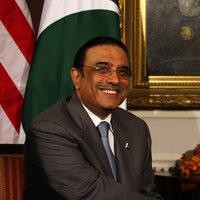
Oxymorons rarely work. Sure, people can’t get enough of jumbo shrimp. And there is a good reason why Shakespeare’s, “Parting is such sweet sorrow. . .” still resonates four centuries after it was penned. But on the whole, oxymorons tend to signal an inconsistency that is impossible to resolve. More and more, trends in American foreign policy reflect exactly this kind of incongruity. Take some of the concepts that have evolved over the past few years: warriors as diplomats, for instance, or soldiers as state-builders. Now, Afghanistan’s future, which will likely involve a “surge” of troops, places another seemingly discrepant […]




